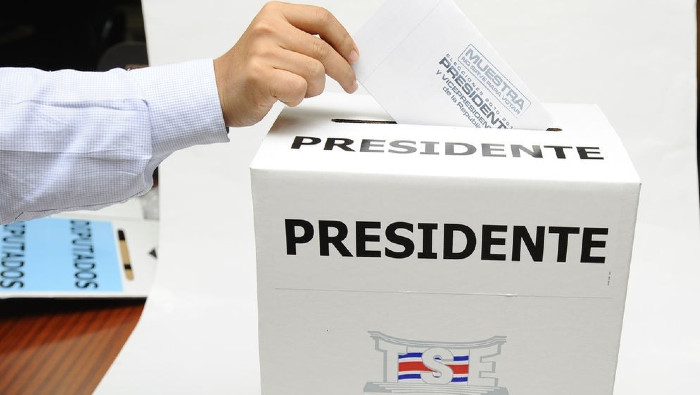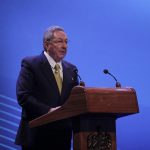San José: Proselytizing campaigns on any platform and the disclosure of polls are prohibited as of today in Costa Rica, 72 hours before the general elections next Sunday, wrapped in uncertainty, Prensa Latina publishes.
The proselytizing silence thus adds to the prohibition that has existed since Monday of campaigning in public spaces, although the Electoral Law does not prevent debates between the presidential candidates, one of which is scheduled for tonight and another for tomorrow.
The six presidential candidates with the highest voting intentions will participate in them, according to different opinion polls, but none with even half the percentage necessary to win in the first round, set at 40 percent of the valid votes.
According to a survey by the Center for Research and Political Studies of the University of Costa Rica (CIEP-UCR), released this Wednesday, former President José María Figueres (1994-1998) leads the voting intention of the voters, in a tie coach with aspiring Lineth Saborío.
From January 27 to February 1, the CIEP-UCR interviewed 1,026 citizens with the right to vote from a representative sample of the total population by cell phone, five days before the election date of February 6, with a margin of error of +/- 3.1 percentage points.
According to the results of that consultation, Figueres, for the National Liberation Party, has 17 percent of the vote intention of Costa Rican voters, followed by Saborío, for the Christian Social Unity Party, with 12.9 percent, and the evangelical pastor Fabricio Alvarado, of the New Republic Party, with 10.3 percent.
Behind these three candidates are Rodrigo Chaves, from the Social Democratic Progress Party, with 8.2 percent, José María Villalta, from the Broad Front (7.5) and Eliécer Feinzaig, from the Progressive Liberal Party (5.7).
These are the only six of the 25 presidential candidates whose percentages of support exceed the poll’s margin of error, but none, not even those, reaches the 40 percent required to win in the first round.
The survey reveals that there are 31.7 percent of undecided voters, that is, voters who will go to the polls, but still do not know who to mark their ballot for.
Since none of the candidates, not even the most advanced, are close to 40 percent, the CIEP-UCR researchers consider the ballot between the two candidates who obtain the highest number of valid votes within three days to be inevitable.
More than 3.5 million Costa Ricans are called to choose the president, two vice presidents and the 57 deputies to the Legislative Assembly, who will hold office in the 2022-2026 period.

Redacción Digital
Equipo de redactores del sitio web de Radio Mayabeque



